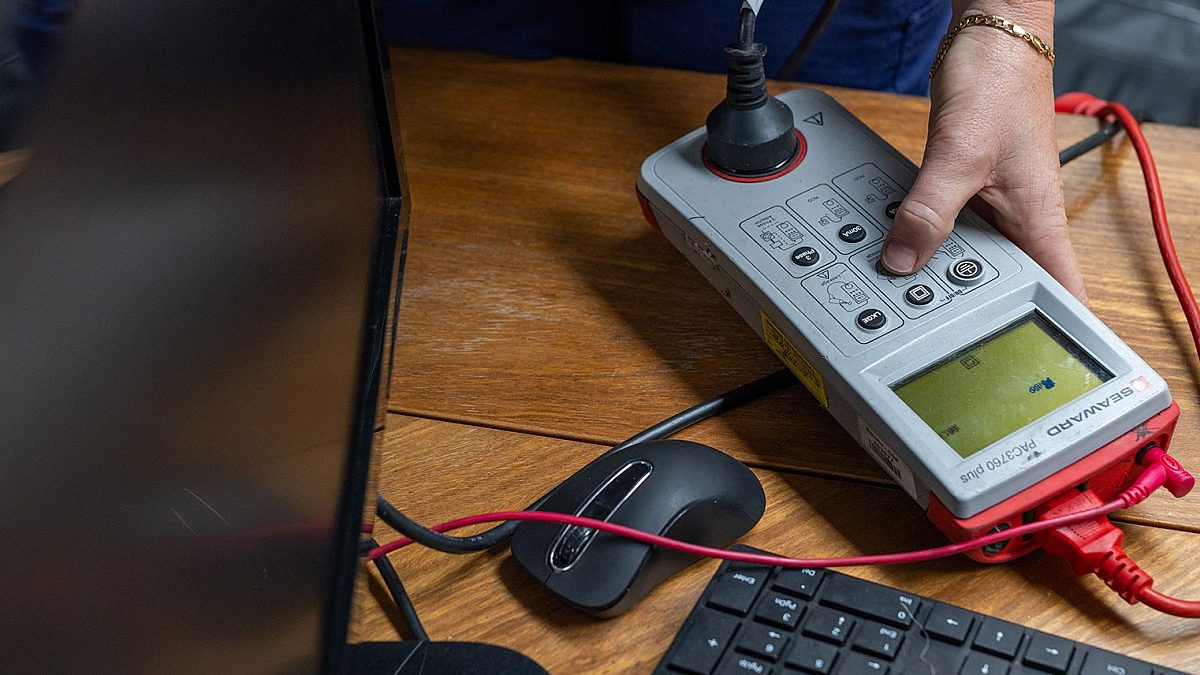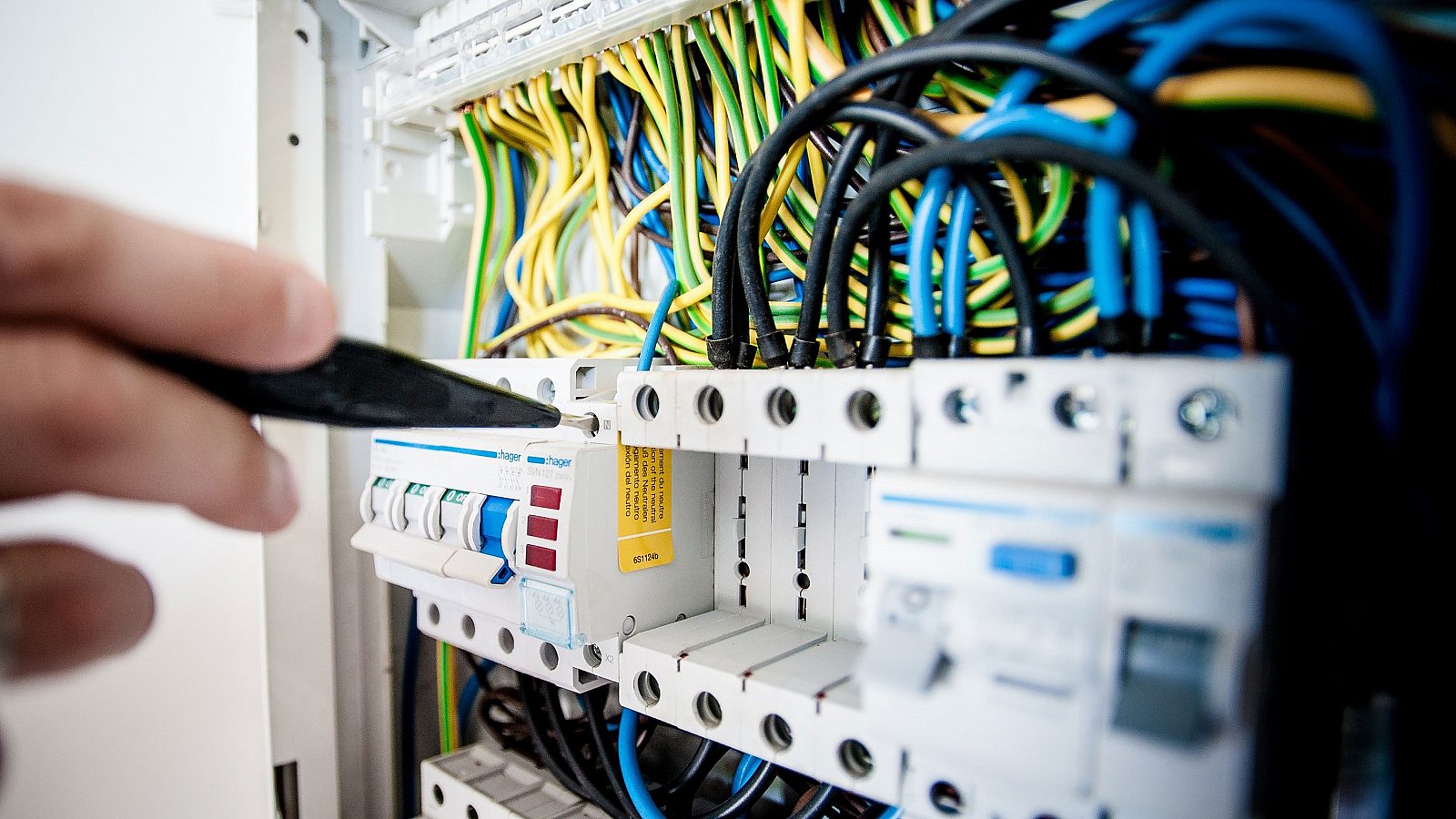Help
What is the difference between “circuit breakers”, surge protectors and RCDs?
Circuit Breakers and fuses are designed to protect electrical cables and fittings, installed in premises from overloading and short circuits. They cut the power when electrical wiring in the premises has too much current flowing through it. They are designed to prevent electrical fires, not electrocution.
Some Meter Boxes have surge protection fitted to safeguard appliances against a spike in electrical voltage, such as a lighting strike. Some power boards or extension leads also have surge protectors fitted. These devices do not offer any protection against electrocution.
Only RCDs will prevent electrocution by cutting the power to a circuit in the event of an earth leakage.
This why you need to ensure that your RCDs are regularly tested.
Related Services

Compliance
Testing & Tagging
Testing and Tagging your electrical appliances to make you compliant and your staff safe

Compliance
Exit & Emergency Light Testing
Emergency & exit lights help people escape a building. They must be tested periodically

